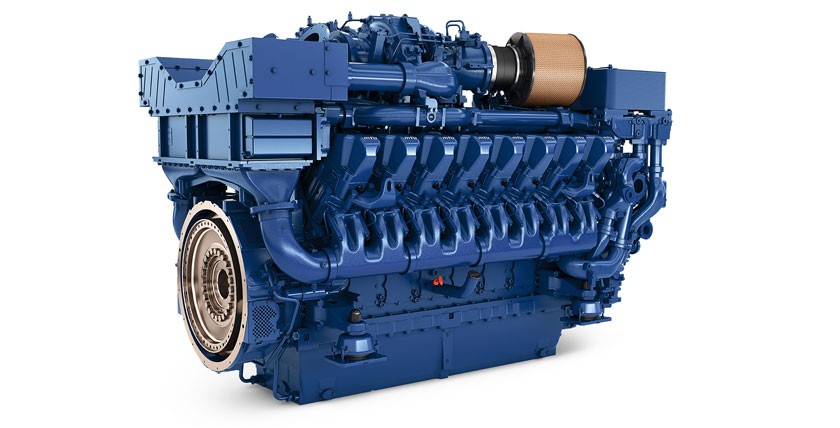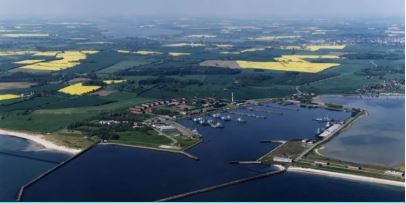From a Rolls-Royce press release
At the International Workboat Show in New Orleans at the beginning of December, Rolls-Royce presented the latest generation of mtu Series 4000 propulsion engines. Depending on the load, these engines can be operated for up to 96,000 hours before they are due for their first major overhaul. They therefore make an important contribution to conserving resources and reducing life cycle costs.
Significance for shipping
For commercial shipping, the extended engine running times introduced by Rolls-Royce between overhauls (Time Between Overhaul, TBO) mean that, depending on the duration and intensity of use, engines can run for up to 25 years before they have to be overhauled. The interval between overhauls, which is around seven years longer than previously recommended, also achieves a significant reduction in operating costs as well as better planning and higher availability of ships in general. The longer intervals between major overhauls also mean, among other things, that fewer parts have to be produced and that the number of service technicians required is reduced. This not insignificant aspect of the lower climatic impact thus achieved further enhances Rolls-Royce mtu engines in terms of sustainability and climate protection. These improvements were made possible by the almost proverbial reliability and robustness of the Series 4000 engines, which have been running for 25 years, and the analysis of real engine data from the 18,000 or so engines produced over this period.
Rolls-Royce, mtu engines and the future
The Rolls-Royce Power Systems business unit with its product and solution brand "mtu" is also leading the way as a pioneer of climate-friendly propulsion systems in marine applications. On its way from engine manufacturer to provider of integrated propulsion and energy solutions, the company will certify various engine series for sustainable fuels such as e-diesel and second-generation biofuels from 2023, thus enabling climate-neutral operation. The company is also building on new technologies such as CO2-free fuel cell systems.











0 Kommentare